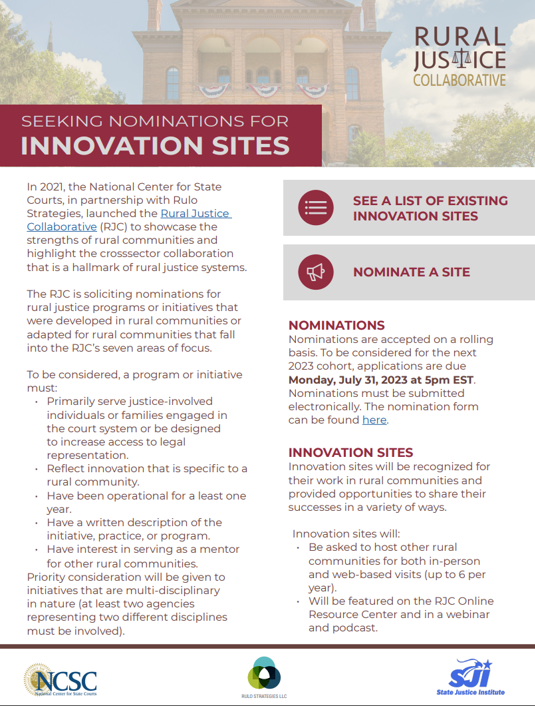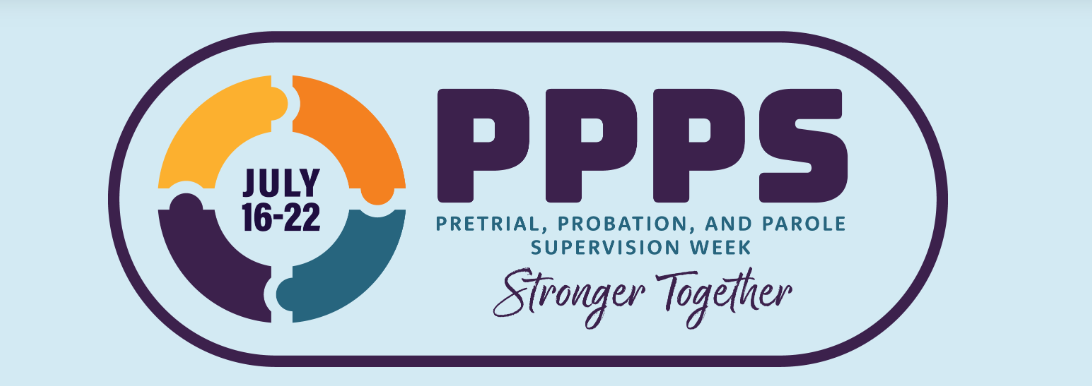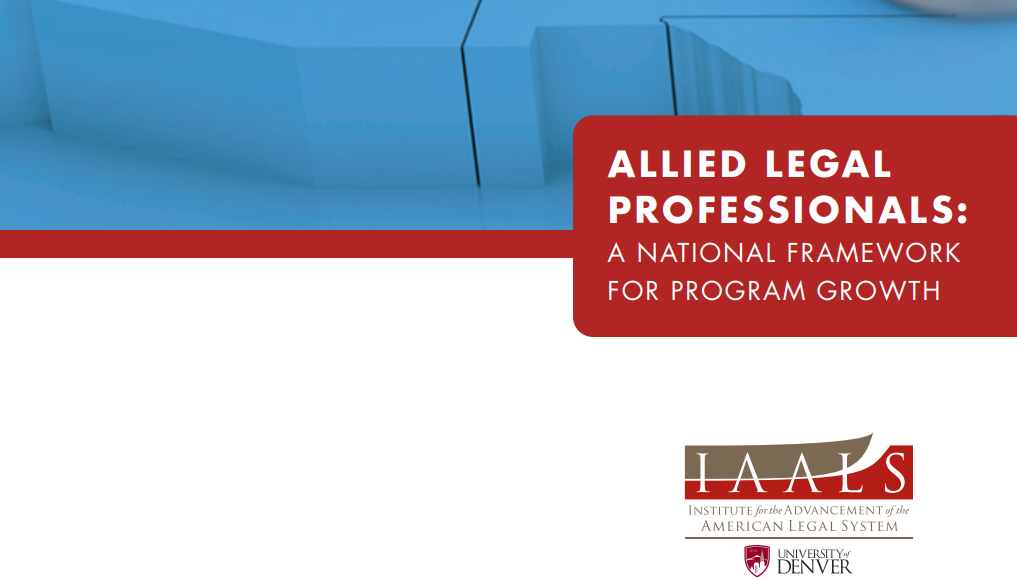As cannabis legalization and regulation evolve, the United States is at a tipping point. These continued changes in laws are impacting our courts and society, and are creating a dynamic and sometimes confusing landscape for a variety of disciplines including judges, attorneys, law enforcement, drug court professionals, academia, the drug and alcohol testing industry, and employers’ human resource offices. As a result, the American Judges Association has partnered with the National Judicial College, the American Bar Association (ABA) Judicial Division; the ABA Tort, Trial, and Insurance Practice Section; the National Council for Juvenile and Family Court Judges; Cannabis Law Report; and the New England Association of Recovery Court Professionals to build on the success of last year’s Symposium, and again bring forward an interdisciplinary approach to the 2023 Symposium. This Symposium will bring together impacted disciplinary groups and allow for significant interaction, discussion, and knowledge-sharing.
The Symposium partners have assembled the best faculty from across the country to discuss the most pressing cannabis related topics. There will be 4 Keynotes, 12 Panels, and a Professional Facilitator to engage the attendees in discussion. The goals of the symposium are: 1) identify current issues related to the legalization of cannabis and its impact on judges, law enforcement, academia, drug court professionals, the drug and alcohol testing industry, attorneys; and human resources; 2) identify and analyze how cannabis-related issues are addressed by each discipline; and 3) develop an educated approach and plan to address the issues facing each discipline with a multidisciplinary perspective.
The event will be held December 1-3, 2023, at Portland State University and also online. Registration opens on August 1, 2023, and be accessed here: 2nd National Interdisciplinary Cannabis Symposium – NCJFCJ.






